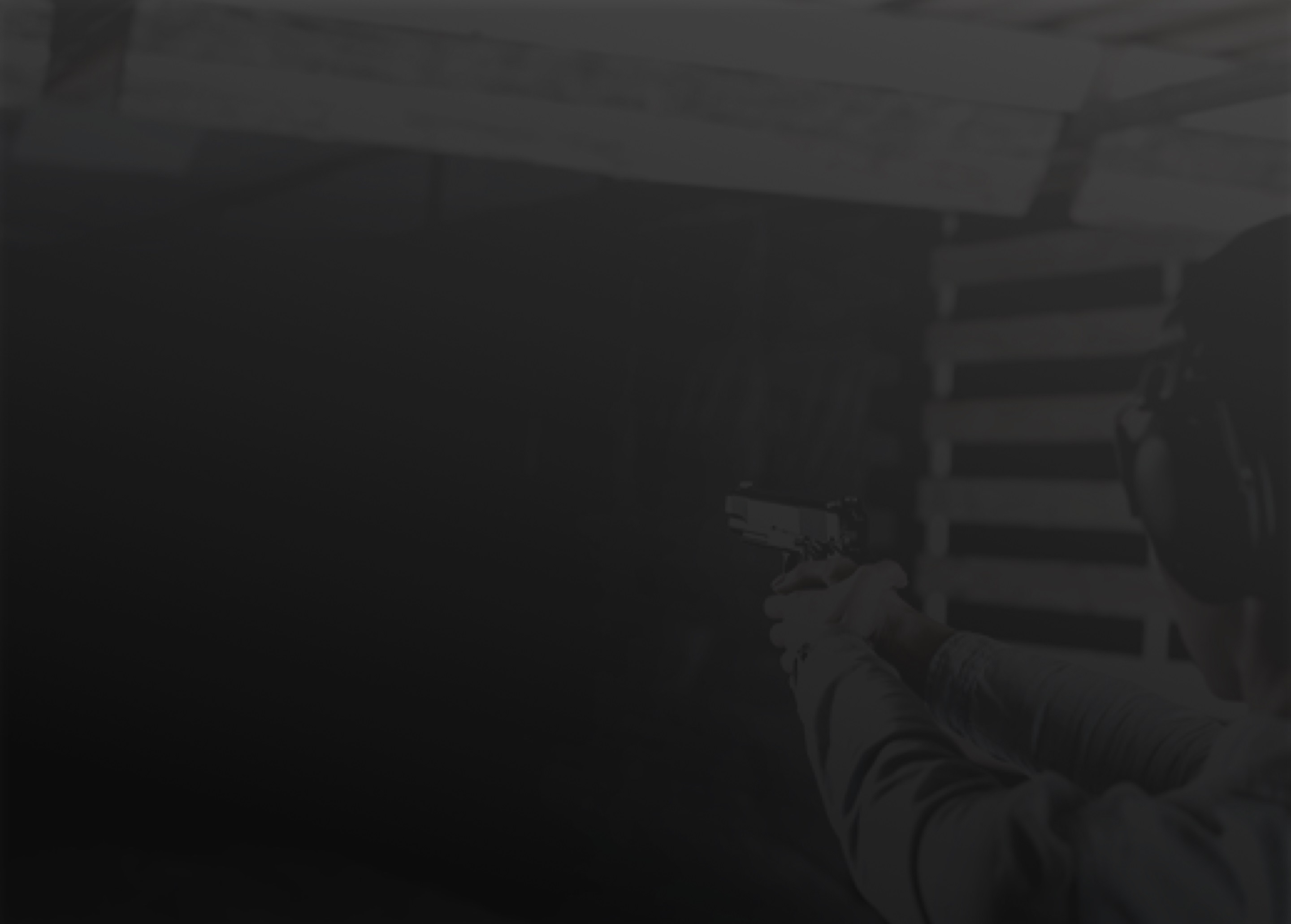HOW TO PLAN FOR A SAFE TRIP TO THE RANGE

SHARE THESE TIPS WITH YOUR +ONE
| 1 |
Always Keep the Muzzle Pointed in a Safe Direction:
Simply put: Never point a gun at anything you don’t intend to shoot—even when dry firing.
|
| 2 |
Keep Firearms Unloaded When Not in Use:
Never load a gun until you are ready to shoot. When not in use, store firearms and ammo separately.
|
| 3 |
Don’t Rely on a Gun’s Safety:
Treat every gun as though it can fire at any time. Safeties are mechanical devices that can become inoperable without your knowing.
|
| 4 |
Be Sure of Your Target and What’s Beyond It:
No target is so important that you can’t take the time before pulling the trigger to be certain of where your shot will stop.
|
| 5 |
Use the Correct Ammunition:
Using improper or incorrect ammunition can destroy a gun and cause serious personal injury. Always double-check your ammo.
|
| 6 |
If the Gun Fails to Fire, Handle with Care:
If nothing happens when you pull the trigger, keep the muzzle pointed downrange, unload the gun, and dispose of the faulty cartridge.
|
| 7 |
Always Wear Eye and Ear Protection:
Exposure to a firearm’s report can damage hearing; adequate vision protection is essential at all times while shooting.
|
| 8 |
Be Sure the Barrel is Clear of Obstructions:
Before loading a firearm, open the action, check that there’s no ammo in the chamber or magazine, and make sure the barrel is clear.
|
| 9 |
Don’t Alter or Modify a Gun, and Service Regularly:
Any alteration or change made to a firearm after manufacture can make the gun dangerous. Also, follow the manufacturer’s service recommendations.
|
| 10 |
Learn the Mechanical and Handling Characteristics of the Gun:
Every firearm is different. Never handle a gun without first familiarizing yourself with it and the way it works.
|
